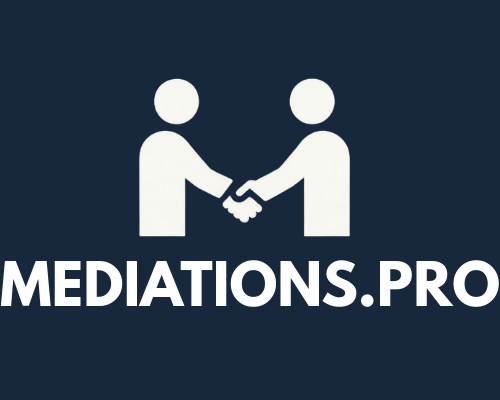What Is ADA Mediation and Why Might You Need It?

When disputes arise around disability rights, accessibility, or workplace accommodations, resolving them through a lawsuit can be costly, time-consuming, and emotionally draining for everyone involved. That’s where ADA mediation comes in.
What Is ADA Mediation?
ADA mediation is a voluntary, confidential process that helps resolve disputes involving the Americans with Disabilities Act (ADA) without going to court. A trained neutral party — the mediator — helps both sides communicate, identify solutions, and reach a fair agreement.
This process is faster, more affordable, and far less adversarial than litigation. It’s also flexible, allowing the parties to craft creative outcomes that courts might not offer.
What Types of Cases Does ADA Mediation Cover?
ADA mediation can be used for a wide range of situations, including:
- Employment disputes involving accommodations or discrimination
- Accessibility issues with public buildings, businesses, or housing
- Conflicts between service providers and individuals with disabilities
- Disagreements involving schools, hospitals, or transportation
If the issue involves compliance with the ADA, mediation is usually a smart first step.
Why Choose Mediation Instead of Going to Court?
- Cost-effective: Avoid expensive legal fees
- Faster resolution: Cases can often be settled in weeks, not months or years
- Confidential: Keeps sensitive issues private
- Control: You help decide the outcome, not a judge
- Better relationships: Mediation often preserves communication and dignity
Who Provides ADA Mediation?
ADA mediation should be conducted by a trained, neutral professional with knowledge of disability law. At Mediations.Pro , we bring decades of ADA expertise to each case. Our goal is to help both parties find a respectful, legally sound resolution that works for everyone.
👉 If you’re facing a dispute related to accessibility, accommodations, or disability rights, ADA mediation might be the best path forward.

